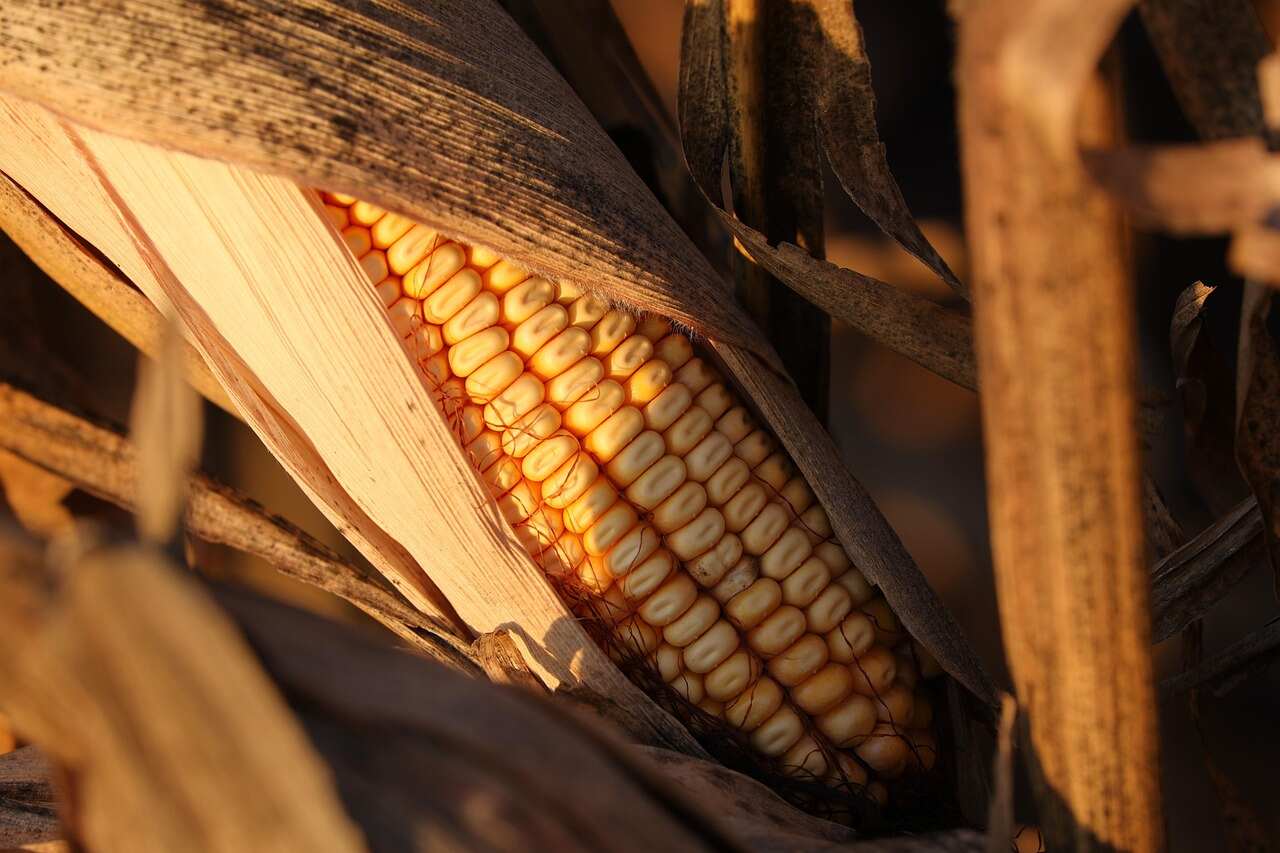
Invaders leave Limpopo farmers counting their losses
Farmers in Limpopo’s Niani area live in fear as migrating wildlife from Zimbabwe and Botswana ravages crops and damages infrastructure.

Farmers and residents at Niani, outside Musina in Limpopo, say elephants migrating from Zimbabwe and Botswana are destroying their livelihoods by trampling through the area.
According to SABC News, elephants are flattening maize fields, breaking fences, and driving families from their homes.
Farmers are living in danger
For local farmer Samuel Nembahe, what should be a season of hard work has turned into days of fear and sleepless nights.
He says his workers have had to abandon the fields on several occasions as large herds moved in, wrecking fences, breaking water sources, and leaving nothing but chaos behind.
“Sometimes they come in bulk, especially the ones with calves,” Nembahe told SABC News. He said they are scared for the workers who are helping take care of cattle.
“They must stay here, but their safety is always at risk.”
Residents share the same sentiments
Villagers say elephants have damaged infrastructure along the Limpopo River over the past few weeks.
Resident Rosina Ndou recalled experiencing a terrifying encounter.
“Just recently, they (elephants) invaded the farm. We had to run and spent the night on top of the mountain,” she said.
The danger extends beyond farmers. Last month, a South African National Defence Force member was killed by a herd of elephants while on border patrol near Madimbo, highlighting the deadly risks associated with the annual migration.
What local authorities think about the situation
Provincial authorities acknowledge the challenge. Hitekani Magwedze, spokesperson for the Limpopo Department of Economic Development, Environment and Tourism (LEDET), said the movement of elephants is a natural cycle but warned communities to stay vigilant.
“It’s part of the annual migration we experience in Limpopo,” Magwedze explained. “While we appreciate this natural phenomenon, we urge people to exercise caution and stay away from the animals for their own safety.”
